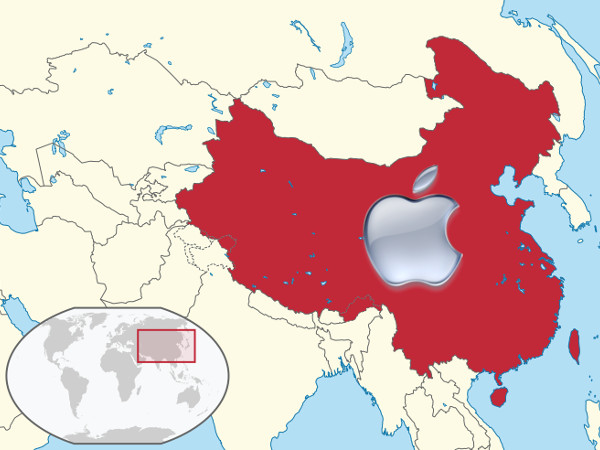Money Talks. In China, It Says ‘Censorship Please.’
 BEIJING – Whether the entity in question is a government or a corporation, every organization that operates internationally must make decisions about its “foreign policy.” Among the toughest of the decisions that must be made is how to manage operations within countries in which they want to do business in light of misgivings about the way the state handles its own internal affairs.
BEIJING – Whether the entity in question is a government or a corporation, every organization that operates internationally must make decisions about its “foreign policy.” Among the toughest of the decisions that must be made is how to manage operations within countries in which they want to do business in light of misgivings about the way the state handles its own internal affairs.
Most of the classic examples involved state-to-state relations, especially during the Cold War, when the U.S. found itself effectively climbing into bed with some of the western hemisphere’s most deplorable and tyrannical rulers in the name of combating communism and/or “protecting American interests.”
In recent years, as the Chinese market has become more open to goods and companies from outside its borders, American corporations have found themselves confronted with conflicts between their pursuit of profit and their desire to avoid appearing like they have abandoned certain cherished domestic principles, including freedom of expression.
Perhaps the best example of how different companies have handled the censorious demands of the Chinese state is the split between Google, whose Google Play store is blocked in China due to the company’s refusal to comply with policies set by the Cyberspace Administration of China (CAC) and Apple, which has played ball with the Chinese state in furtherance of maintaining access to its enormous consumer market.
As of this week, however, it looks like Apple has not done enough to help censor the apps available through its store, because the Chinese government has called the tech giant back to the table to discuss if there are further measures the company can take to prevent Chinese consumers from using iOS apps to do, say and depict things of which the Chinese government doesn’t approve.
And what do you suppose is high on the list of things the Chinese government is hot to censor, and its citizenry is hot to see? Why, it’s porn, of course.
“Some publishers have broadcast live content forbidden by Chinese law on these platforms,” according to Xinhua, the Chinese state news service. “Some provided pornographic content, according to the regulators.”
Naturally, what we aren’t going to see Apple do in this situation is take a strong stand in favor of freedom of expression.
What we will see Apple do is initially offer excuses as to why they can’t do more to police content on their apps, then waver a bit on this point, then finally come to an accord with the Chinese government on a set of policies and protocols that won’t be perfect in screening out the offending content but will be good enough to get Beijing off Apple’s back — at least until the next time someone defeats the protocols and streams porn in defiance of the state. At that point, the Chinese government will summon Apple back for another round of talks.
If you’re a betting person, put money on this: Apple will go back to Beijing with its tail between its legs and eat as many big piles of shit as it must, as many times as it must, simply to maintain access to the Chinese market.
Considering Apple’s long history of shutting out porn even in markets that don’t legally require the company to do so (like the American market, for instance), I wouldn’t expect the company to go to bat for erotic expression under any circumstances. It’s particularly unlikely to do so with respect to China, where the government unambiguously declares porn to be corrosive of its citizens’ moral rectitude — and, far more importantly from Apple’s perspective, where mobile-device-happy consumers number in the hundreds of millions.
If Apple were ever going to take a stand on the principle of free speech, surely the company would have when Beijing demanded the removal of The New York Times app. Instead, Apple removed the app without even inquiring which Chinese laws the NYT app allegedly violated.
“We have been informed that the app is in violation of local regulations,” Apple spokesman Fred Sainz said at the time. “As a result, the app must be taken down off the China App Store. When this situation changes, the App Store will once again offer The New York Times app for download in China.”
When the “situation changes,” Fred? What, pray tell, is the predicted high temperature in Hell for that future day, -12°?
Just as American foreign policy is fitfully pragmatic about distasteful dictators, often doing business with them for decades before, say, hanging them in some dank basement in the interest of justice, Apple will continue do business with China until or unless the cost of doing so exceeds the profit.













